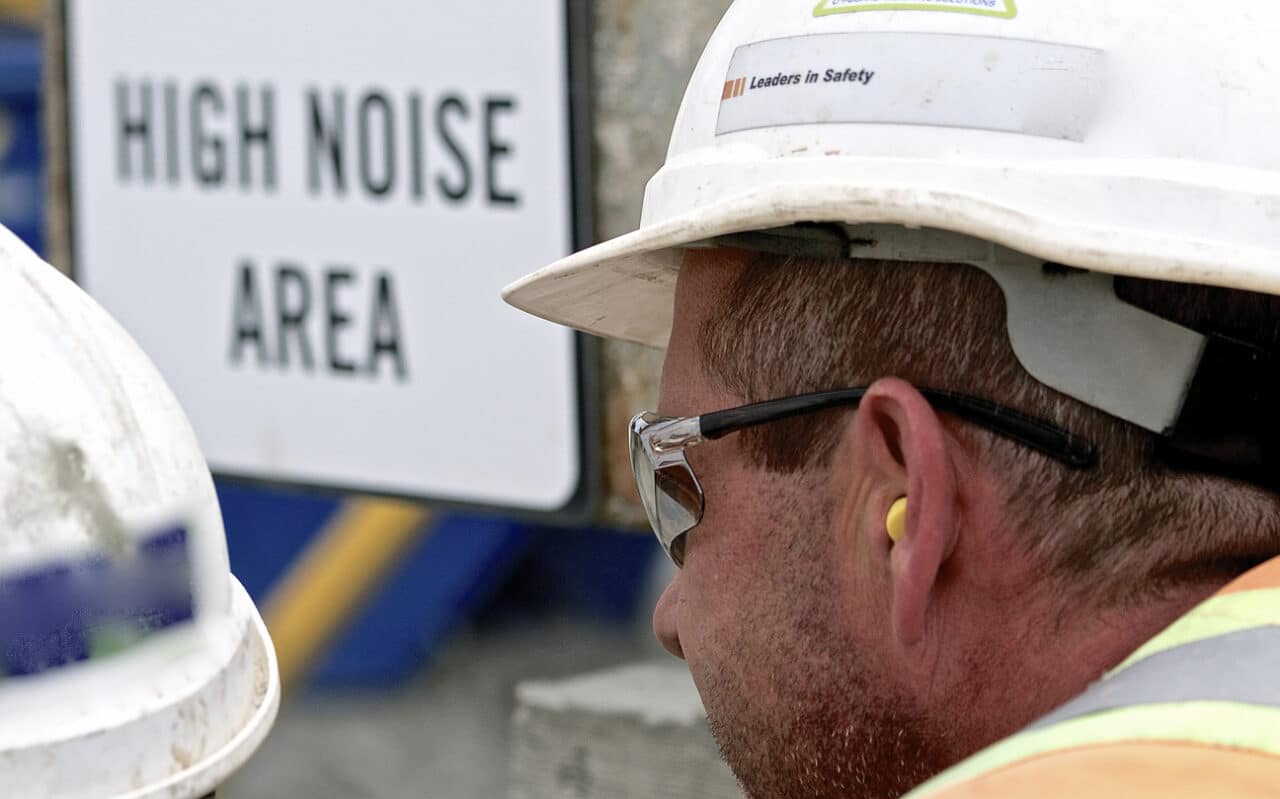It’s well known that exposure to loud noise can damage hearing, but what many people don’t realize is that it can also have significant effects on overall health, particularly when it comes to blood pressure. A 2023 study showed a connection between continued loud noise exposure and hypertension, a condition that can lead to serious health problems if left unmanaged.
About Hypertension

Hypertension, or high blood pressure, is when the force of blood pushing against the walls of your arteries is consistently too high. This condition is often called the “silent killer” because it usually has no symptoms but can lead to heart disease, stroke, and other serious health complications over time. While hypertension has many causes, environmental factors—such as chronic exposure to loud noise—are gaining attention as significant contributors.
Loud noises, such as those from construction sites, traffic, or even loud music, can trigger a stress response in the body. This stress causes the release of hormones like adrenaline and cortisol, which temporarily raise blood pressure by narrowing the blood vessels. While occasional exposure to loud noise may only cause a temporary spike in blood pressure, repeated or constant exposure can lead to chronic hypertension.
About Loud Noises
Workplaces like factories or airports, where loud machinery or ongoing noise is a part of daily life, are particularly concerning. Workers in these environments are often at higher risk of developing both hearing loss and high blood pressure. This is especially true if adequate hearing protection is not used. Studies have found that individuals exposed to loud noise over a long period are more likely to develop hypertension compared to those who work in quieter settings.
Even in non-work environments, exposure to noise pollution from urban traffic or loud neighbors can affect blood pressure. Nighttime noise is particularly harmful, as it can interfere with sleep, causing fatigue and increasing stress, both of which contribute to hypertension. Continuous noise, even at lower levels, can disrupt sleep cycles and prevent the body from fully relaxing, putting additional strain on the cardiovascular system.
Protecting Yourself
Protecting yourself from loud noise exposure is an important step in preventing hypertension. Simple actions like wearing earplugs in noisy environments, using noise-canceling headphones, and reducing exposure to loud music or other high-volume settings can help lower your risk. It’s also important to monitor your blood pressure regularly, especially if you live or work in a loud environment, so that any changes can be addressed early on.
In conclusion, loud noise exposure is not just a risk to your hearing—it can also have a significant impact on your cardiovascular health by contributing to high blood pressure. By understanding the connection and taking steps to protect yourself, you can reduce your risk of both hearing loss and hypertension. It’s essential to recognize the full impact that environmental factors like noise can have on overall well-being and take proactive measures to safeguard your health.